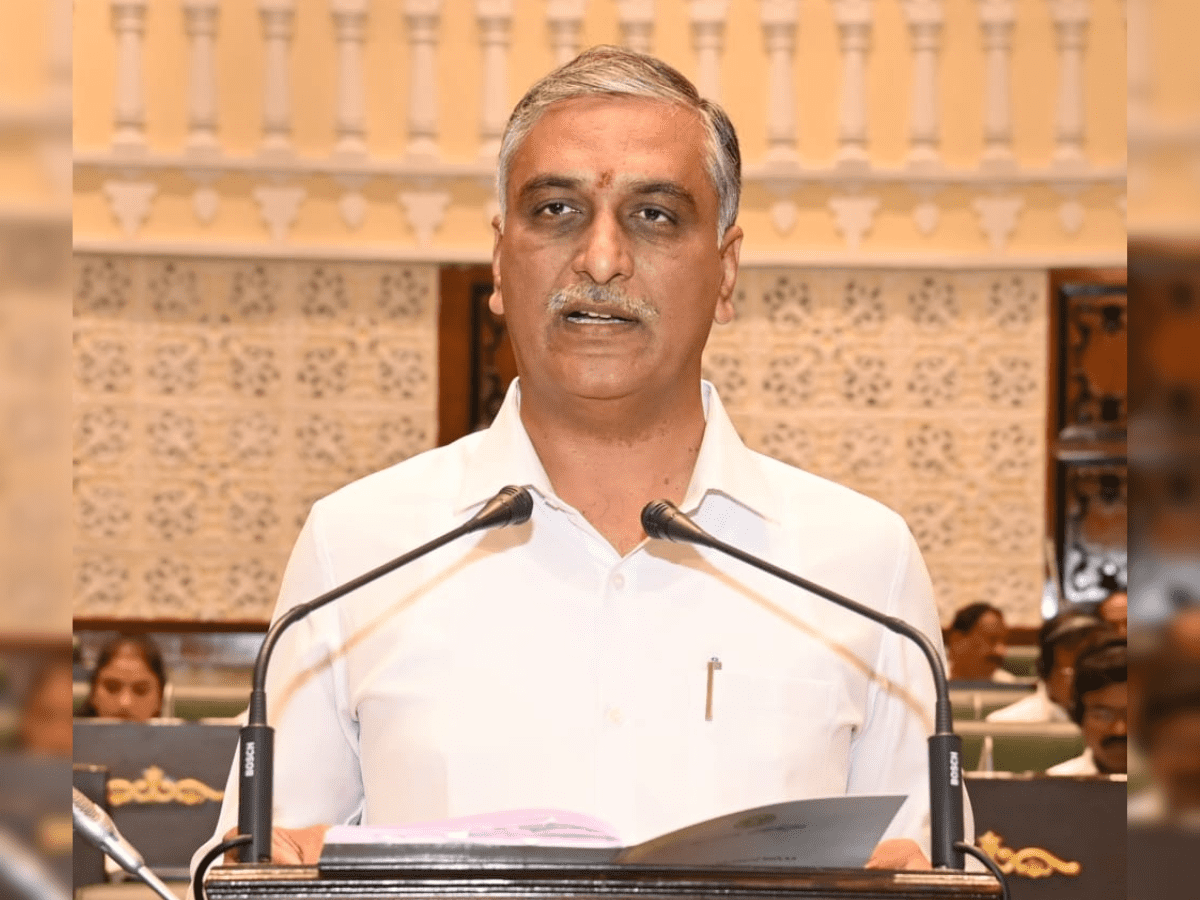
Hyderabad: Telangana finance minister T Harish Rao shot a letter to the Union Defence Minister Rajnath Singh urging the privatisation of Ordinance Factory Board (OFB) be rolled back.
The minister, on Friday, asked the Centre to upgrade the factory machinery and initiate measures to enhance the skills of manpower.
He referred to the representation by the Ayudha Karmagara Telangana Udyodula Samakhya calling the privatisation an ‘arbitrary and unilateral decision of Government of India’.
Harish Rao reiterated the employee unions’ opinion that the decision was made ‘without convincing the stakeholders and 74,000 central government employees’.
The letter further states, “Due to corporatisation of the seven Defence Public Sector Undertakings (DPSU), competition will emerge affecting the development of new warfare items, as a result, the concept of Make in India will be defeated automatically.”
Harish Rao said that a sufficient workload was available for the year 2022-23 due to which the Ordnance Factory Medak has achieved the target of Rs 930 crores.
“There is no sufficient workload for the year 2023-24. Due to this situation, a threat of declaring the sole ordinance factory located in Telangana as a sick industry in coming years will impact the livelihood of 2,500 direct employees, 5,000 indirect beneficiaries and approximately 25,000 individuals’ future,” the letter stated said.
The Telangana minister urged the Union Government to strengthen the research and development organisations and upgrade machinery at OFB.
His letter added to initiate measures to enhance the skills of manpower, simplify the purchase and administrative procedures, ensure sufficient workload to increase productivity as well as ensure the service of employees in government as was done in the case of Prasara Bharathi.
